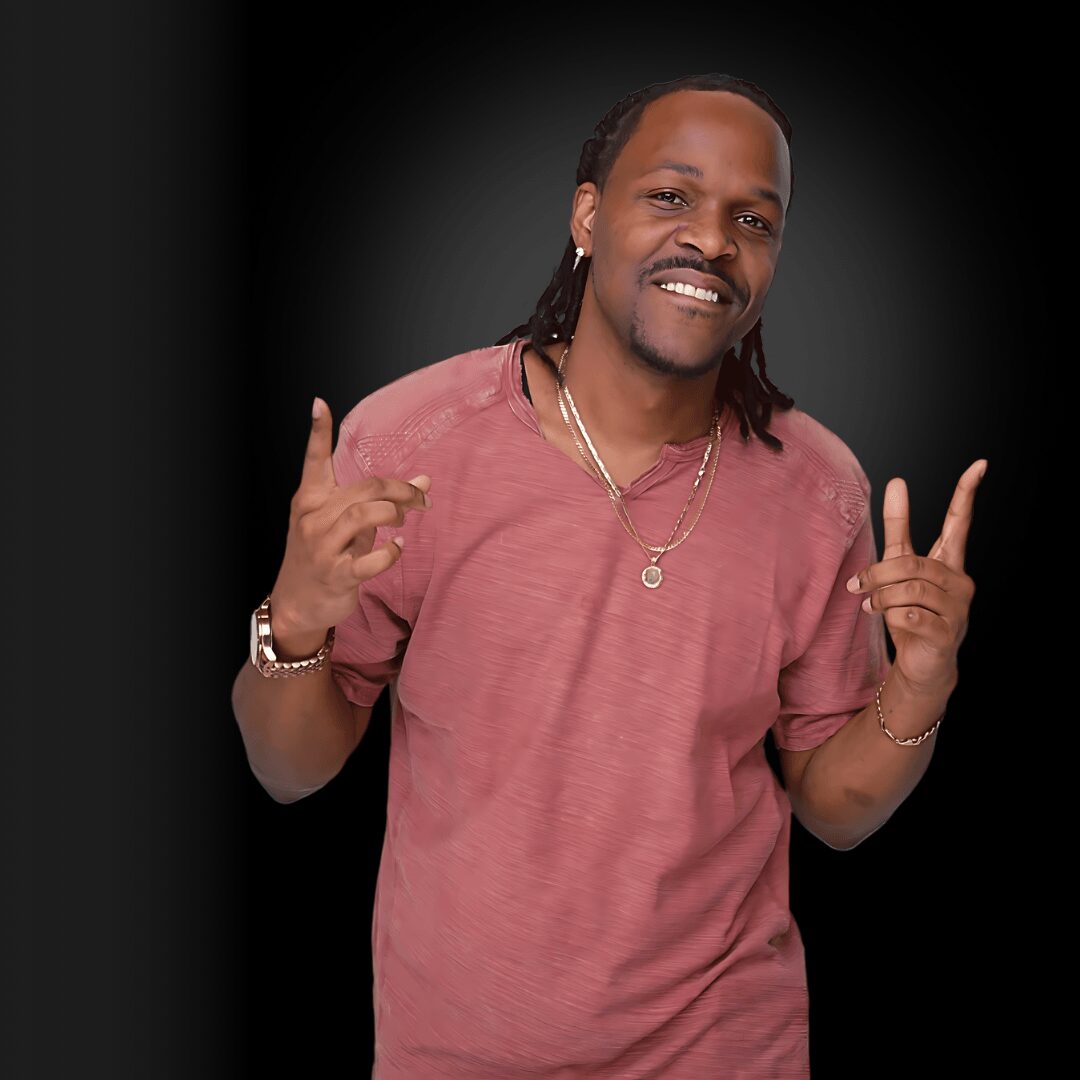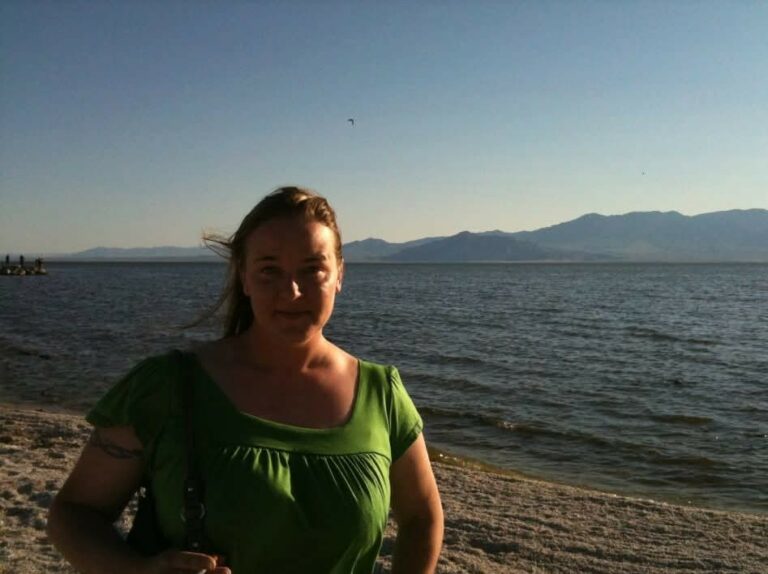Alright – so today we’ve got the honor of introducing you to Joseph Tseng. We think you’ll enjoy our conversation, we’ve shared it below.
Joseph, thank you so much for making time for us today. We can’t wait to dive into your story and the lessons you’ve learned along the way, but maybe we can start with something foundational to your success. How have you gone about developing your ability to communicate effectively?
As a child of first generation immigrants, I have been translating, more figuratively than linguistically, my whole life. While my Chinese parents occasionally asked me for help with English, I found myself more preoccupied with translating America to my parents and also translating my parents to the (White) American culture we were trying to build a home within. As a child, I did this translating work instinctively out of a need for a particular kind of psychosocial survival that is common for immigrant children who neither fit inside the world of their parent’s home nor the world outside of it–and we are, understandably, quite desperate to feel at home within both. As such, we often become human bridges of culture, needs, and loves, hoping that the two-way traffic we facilitate will leave us feeling more connected to both sides rather than isolated in between. We are stranded both ways, like islands and pearls.
Even more, I grew up doing the work of translating my own existence, experiences, and needs to myself. The human problem with being a bridge is that bridges don’t have an independent reason for existing beyond connecting things outside of themselves. At some point, human bridges, wholly unprepared from years of holding on to others for dear life, have to step outside this role to discover if there’s some inherent worthiness in themselves. Who am I if I am neither my family nor my country? What am I if I am neither and both at the same time?
Born of need, I have become a skilled communicator and story-teller of human experiences, dynamics and phenomena that are relevant to all but are acutely resonant for people like myself. And I find that the best medium of translating these stories and perspectives is through songs because what I’m trying to communicate often lands as foreign and unfathomable if I take too direct of an approach. The poet David Whyte offers that “Poetry is language against which you have no defense,” and fellow poet John O’Donahue says that “Music is what poetry would be if it had the language.” Accordingly, I am a folk poet who communicates best through songs that complicate, beautify, grieve, and help us play our way to feeling at home.
Thanks for sharing that. So, before we get any further into our conversation, can you tell our readers a bit about yourself and what you’re working on?
I am an Asian American singer-songwriter filling out the story within American music. Growing up listening to almost exclusively American music, “our” music is calcified in my bones and flows through my veins… but it doesn’t tell my American story. The explicit and implicit message to me has always been that the promise of America was tied to my ability to assimilate and effectively disappear into the thick, dominantly white soup often described as a “melting pot.” Many would consider me successful at pursuing this promise, this American Dream. I’ve earned two academic degrees, own a home (or at least a mortgage), and was a career nonprofit executive leader. But this version of success has a cost. For me, the price was a lifetime of self-erasure, self-loathing, self-denial, and familial fracture (and I won’t even mention the practical and financial impacts of Anti-Asian discrimination within schools, workplaces, and other institutions). It took half my life and thinking about my children’s future to realize that the promise of America actually lies in the ability of the dominant culture to assimilate to me and others on the margins–it is not my erasure that forwards American progress but my bold presence, my unapologetic insistence on belonging as an agent of positive and necessary change. The dominant narrative has gone stale because it has never been true, and its cracks are revealing more fear than love, more violence than peace, more subjugation than freedom… it has become, in the most twisted way, abhorrently un-American if we are believe in the virtues of this country. And so I’m adding to a longstanding tradition of American artists doing the work to see, hear, honor, and humanize our stories within a context that wasn’t built for us but must be rebuilt by us for the betterment of all.
If you had to pick three qualities that are most important to develop, which three would you say matter most?
I am learning, much later than I would have liked, to embrace my worthiness while building a sense of agency rooted in the idea that I am a one of one. We are all one of ones. In terms of advice, I’d encourage people to invest in understanding their own worthiness and build their own sense of agency. I think doing this will unlock whatever unique mix of qualities, skills, and knowledge needed to offer what they were put on this earth to offer. But there’s a preciousness and pressure that comes with the understanding of one’s own singularity. On one hand, who doesn’t want to feel special? And yet, what makes me special is knowing that no other person can offer the world exactly what I can offer, which means I have the responsibility of offering it. For most of my life, I’ve feared being unwanted or un-special. But being necessary is also something to be feared, because that comes with accountability to do the most vulnerable work of my life. In my past jobs, the demand came from outside of me, and in most cases, if I met that demand, I got rewarded. The work itself wasn’t all that special, could have been done by others, and it’s arguable if others really needed me to do that work, but they wanted me to do that work and paid me for it. The work of an artist, at least for me, is quite the opposite. There is no external demand. No one was knocking on my door or trying to entice me with money to write songs and make this record about the complications of home for people of diaspora. The demand was internal. It came from within me and offered a perspective, a gift that I felt was destined for more than just my own catharsis, a gift I thought was necessary. So instead of getting paid to work, I paid to work, investing my savings into making a record on faith that those who needed these songs would find them, and that regardless of the external outcome, the world would be changed for the better as I step into my most obvious gifts more fully.
In terms of what traits or learned ways of being were most impactful for my journey as an artist, I think it has been less about particular qualities, skills, and knowledge, and more about having a sense of taste about what is beautiful and how to be human, and being so compelled by that taste that I felt the need to create accordingly and offer it to others. I think being an artist is about believing in your sense of taste enough to act on it. As artists, we perceive, make meaning, connect dots, synthesize the complex and confusing into something compelling enough that it can be carried beyond ourselves, and hopefully toward loving and beautifying a world that is terribly in need of care.
One of our goals is to help like-minded folks with similar goals connect and so before we go we want to ask if you are looking to partner or collab with others – and if so, what would make the ideal collaborator or partner?
I believe that artists serve as the compass and conscience of their communities and have a role in leading societies toward becoming more deeply human, more present and engaged with the wonder and possibilities of being alive and being alive together. Accordingly, I am looking to collaborate with artists of all disciplines who are telling stories that fill out not just the American story but the human story. I am looking to partner with other creators interested in reexamining and reimagining what success looks like as artists and get firmly grounded in a purpose for making art that goes beyond the objectives of art industries mostly led by non-artists. I want to be a part of changing the culture around art away from achieving critical mass by any means necessary and toward Grace Lee Bogg’s guidance to focus on critical connections as a way of growing authentic movements. I want to work with artists who see their gifts as essential to the humanizing work of forwarding love, justice and community.
Contact Info:
- Instagram: @josephtsengmusic
- Other: https://linktr.ee/JosephTseng





Image Credits
Gina Chang Maya Rosas Garrett Lim




